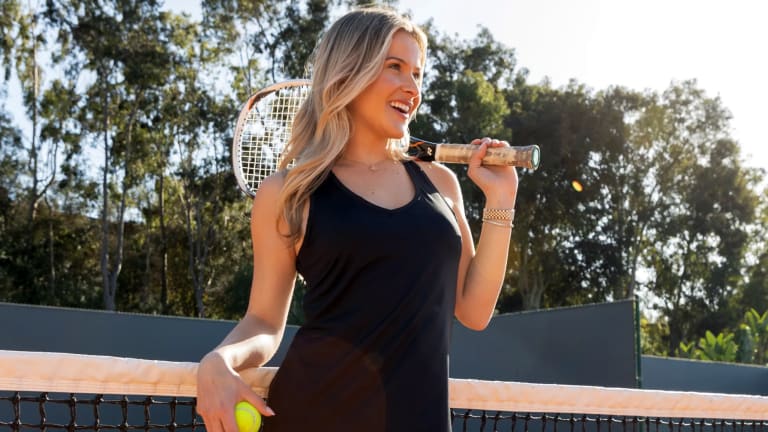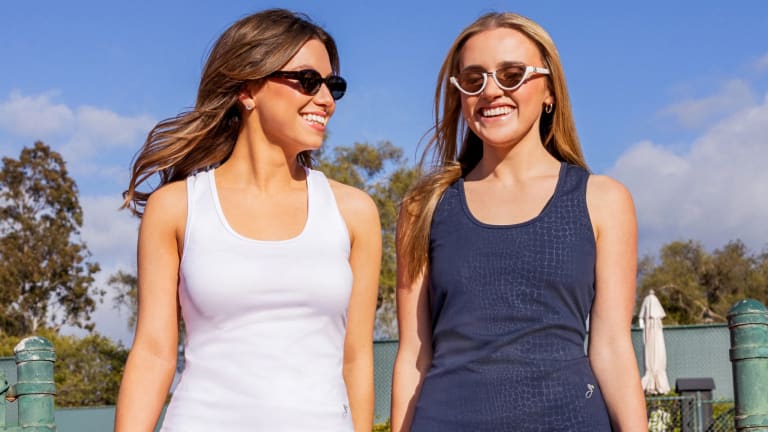Style Points
NYC's Jgame creates sustainable tennis apparel, made in The Bronx
By Aug 08, 2022Style Points
Spotted: Carlos Alcaraz checks out Roger Federer’s ultra-rare Rolex at Laver Cup
By Sep 24, 2025Style Points
From ‘Andre Swagassi’ to ‘Billie Jean Bling’, meet Naomi Osaka’s Labubu crew
By Sep 04, 2025Style Points
"Superstition" keeps Naomi Osaka in purple over rosier US Open ensemble
By Sep 04, 2025Style Points
PHOTOS: Every outfit Venus Williams wore at the 2025 US Open
By Aug 30, 2025Style Points
A Jessica Pegula superfan gets a unique item signed at the US Open—one year later
By Aug 29, 2025Style Points
US Open Fashion Watch: Venus, Djokovic and Osaka lead the style charge in New York
By Aug 28, 2025Style Points
"It must have fire": Aryna Sabalenka helps create limited-edition Wilson Blade racquet
By Aug 27, 2025Style Points
Paint the town red: Coco Gauff, Naomi Osaka—and her custom Labubu—ace US Open trend
By Aug 27, 2025Style Points
“An opportunity I couldn't turn down”: Jack Draper reveals how Vuori deal happened
By Aug 25, 2025NYC's Jgame creates sustainable tennis apparel, made in The Bronx
Jgame is one of the newest players in the tennis apparel space, having launched in April 2022. But the brand has already made its Wimbledon debut this summer, and it's ready to hang with the big names.
Published Aug 08, 2022
Advertising

Jgame's garments—including the Dune dress, pictured here—are made from sustainably sourced fabrics made by using PET from clear plastic bottles.
© Jgame
Advertising
Advertising

Manufacturing in the Bronx, just a short drive from Jgame headquarters in Manhattan, greatly reduces CO2 emissions from transportation.
© Jgame